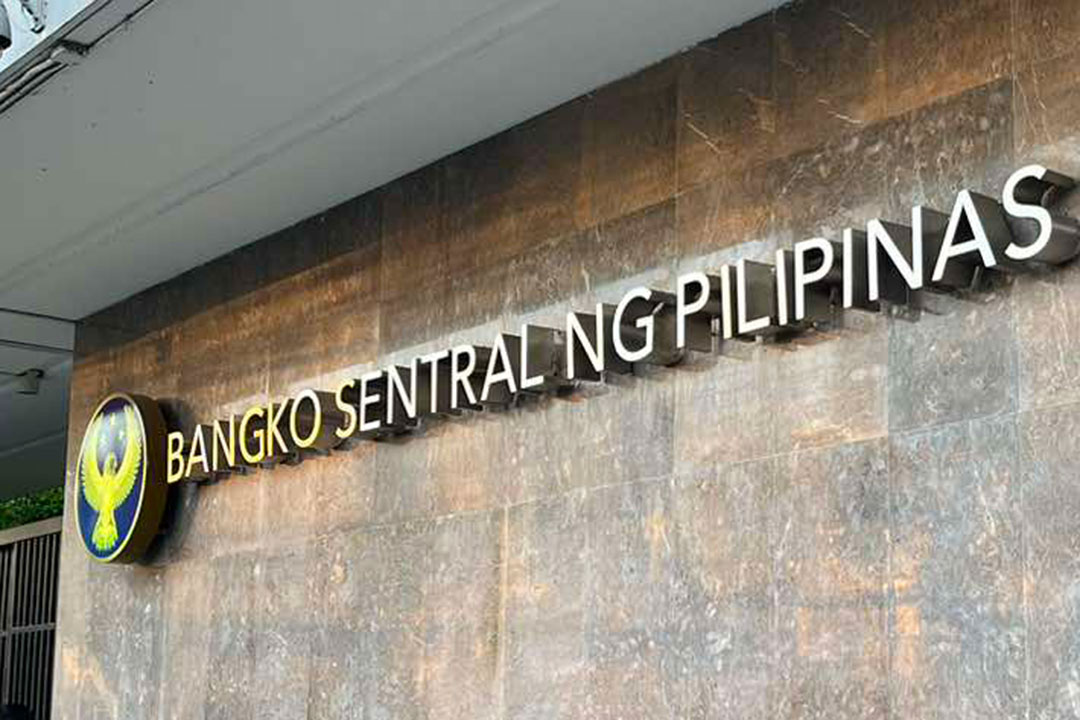Central bank TDF yields drop on rate cut hopes

By Katherine K. Chan
YIELDS on the Bangko Sentral ng Pilipinas’ (BSP) term deposits fell on Wednesday as investors sought to lock in returns amid market expectations that the Monetary Board could ease borrowing costs at its Dec. 11 meeting.
Total tenders for the seven-day term deposit facility (TDF) reached P162.089 billion, more than double the P80 billion offered and exceeding last week’s P158.208 billion in bids.
The BSP accepted the full offering. Banks bid for rates from 4.6% to 4.7515%, narrower than 4.6%-4.765% last week, pushing the average down 1.24 basis points (bps) to 4.7435%.
“The BSP seven-day average auction yield was again slightly lower, by -0.0124 to 4.7435%, now interestingly and unusually lower than the BSP one-day policy rate at 4.75%, after local monetary authorities signaled a possible (25-bp) rate cut at the next rate-setting meeting,” Michael L. Ricafort, chief economist at Rizal Commercial Banking Corp., said in a Viber message.
The decline in term deposit yields underscores a broader shift in monetary conditions, with investors pricing in easier financing costs that could stimulate credit, spending and investment amid slower economic growth this year.
With inflation remaining relatively benign, markets are increasingly betting on further easing, which could help support the domestic economy amid external risks and subdued government spending.
The BSP did not offer the 14-day tenor for a third consecutive week, while the 28-day term deposit has not been auctioned since October 2020 to prioritize weekly securities with the same maturity.
The TDF and BSP bills are tools to absorb excess liquidity and help guide market rates toward the policy benchmark.
BSP Governor Eli M. Remolona, Jr. on Tuesday said the Monetary Board might deliver a 25-bp cut before yearend, while Executive Secretary Ralph G. Recto, a former Finance chief, noted that a December reduction is likely but ruled out off-cycle easing.
The central bank has cut policy rates by 175 bps since the start of its easing cycle in August 2024, bringing the benchmark to 4.75%, a more than three-year low.
Mr. Ricafort said recent volatility in local equities also contributed to lower yields.
The Philippine Stock Exchange index fell to 5,584.35 on Friday, its weakest close in over five years, down 2.49% from the previous session and comparable to lows last seen on May 28, 2020.



